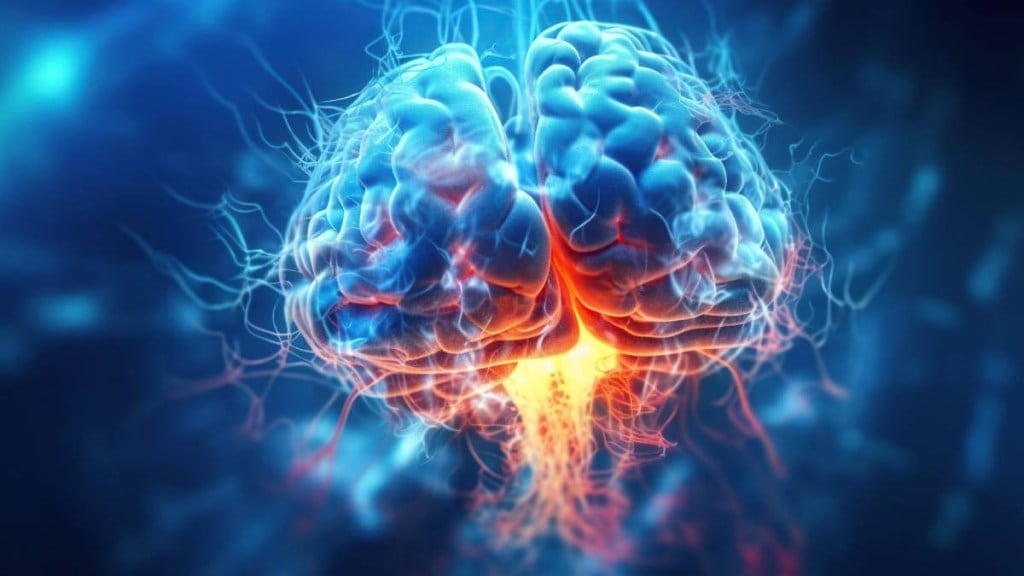In India, National Epilepsy Day is observed every year on November 17 to spread awareness about epilepsy and its impact on individuals, families, and society. The day was established by Dr Nirmal Surya and the Epilepsy Foundation of India.
Its goal is to help people who can’t afford treatment and dispel myths about epilepsy while creating awareness about its symptoms and management.
According to the World Health Organization (WHO), about 50 million people worldwide have epilepsy, and India accounts for 10-20% of this global burden. Luckily, about 70% of people with epilepsy can manage their seizures with medication or certain types of surgery.
Why is it important?
Epilepsy is a condition where the brain doesn’t work as it should, causing sudden and distressing events called seizures. These seizures happen because of abnormal electrical activity in the brain. Our brains normally send out tiny electrical signals in an organized way, but in epilepsy, this pattern gets messed up. Sudden bursts of electrical energy can disrupt a person’s consciousness, movements, or sensations during a seizure.
What are the symptoms?
There are different types of epilepsy, and the symptoms can vary. Some people might lose awareness during a seizure, while others might just stare blankly for a few seconds. In certain types, people might twitch their arms or legs, a movement known as convulsions. Many well-known people, like Sir Isaac Newton, Charles Dickens, Elton John, Neil Young, Martin Kemp, and Richard Burton, have faced epilepsy.
Epileptic seizures are broadly classified into focal seizures, where abnormal brain activity happens in one part of the brain, and generalized seizures, where all areas of the brain are involved. Focal seizures can affect emotions or sensations temporarily and lead to involuntary movements or tingling.
Generalized seizures include absence seizures (staring into space), atonic seizures (loss of muscle control), clonic seizures (repeated jerking movements), myoclonic seizures (sudden twitches), and tonic-clonic seizures (loss of consciousness, body stiffening, shaking). Understanding these different types is crucial for managing epilepsy effectively.

